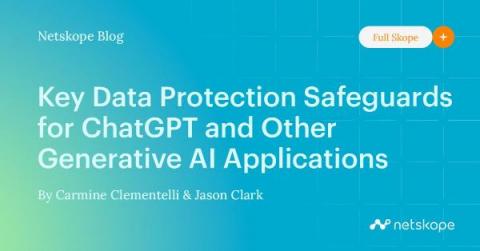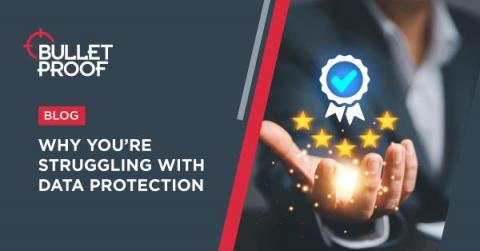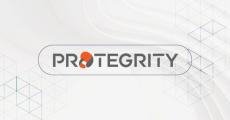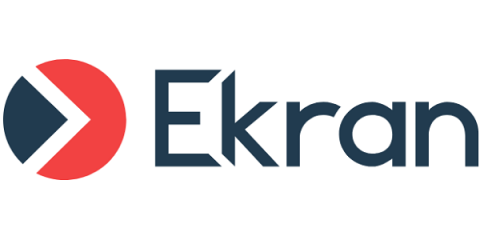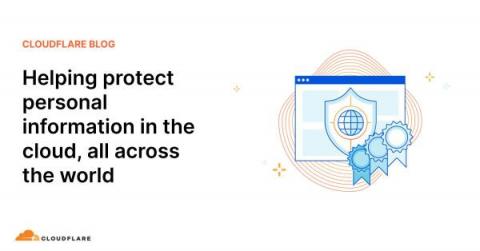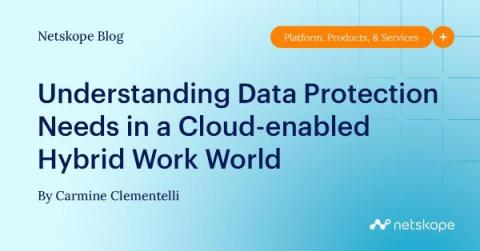Security | Threat Detection | Cyberattacks | DevSecOps | Compliance
Data Protection
Modern Data Protection Safeguards for ChatGPT and Other Generative AI Applications
Co-authored by Carmine Clementelli and Jason Clark In recent times, the rise of artificial intelligence (AI) has revolutionized the way more and more corporate users interact with their daily work. Generative AI-based SaaS applications like ChatGPT have offered countless opportunities to organizations and their employees to improve business productivity, ease numerous tasks, enhance services, and assist in streamlining operations.
The Easiest Ways To Protect The Important Data In Your Company
Why you're struggling with data protection
This blog is based on insight from our 2023 State of Cyber Security report. This month sees GDPR celebrate its 5th birthday, and during that time it’s stayed more-or-less the same. With unchanging rules and half a decade of time to get data protection things in order, you might think that the need for GDPR consultancy is dwindling. However, as we showed in our 2023 State of Cyber Security report, that’s sadly not the case.
Consider Protegrity For Your Cloud Security
Data Protection in Insurance: Compliance Requirements for the Insurance Companies
As desirable targets for cybercriminals, insurance companies must comply with strict data protection requirements. Non-compliance often leads to data breaches and considerable fines. In this article, you’ll learn about eight data protection best practices for insurance organizations to comply with relevant laws, regulations, and standards and safeguard your customers’ sensitive data.
Cloud Protect Overview
De-Identify Your Data
Helping protect personal information in the cloud, all across the world
Cloudflare has achieved a new EU Cloud Code of Conduct privacy validation, demonstrating GDPR compliance to strengthen trust in cloud services.
Understanding Data Protection Needs in a Cloud-enabled Hybrid Work World
Today, Netskope partnered with the Cloud Security Alliance to release the Data Loss Prevention (DLP) and Data Security Survey Report, a survey focused on data protection needs in cloud and hybrid work environments. Unsurprisingly, the report found that the biggest pain point organizations identify with trying to modernize their data protection strategy is that current DLP deployments show limitations when it comes to cloud and remote work use cases, and they are a nightmare to manage.



